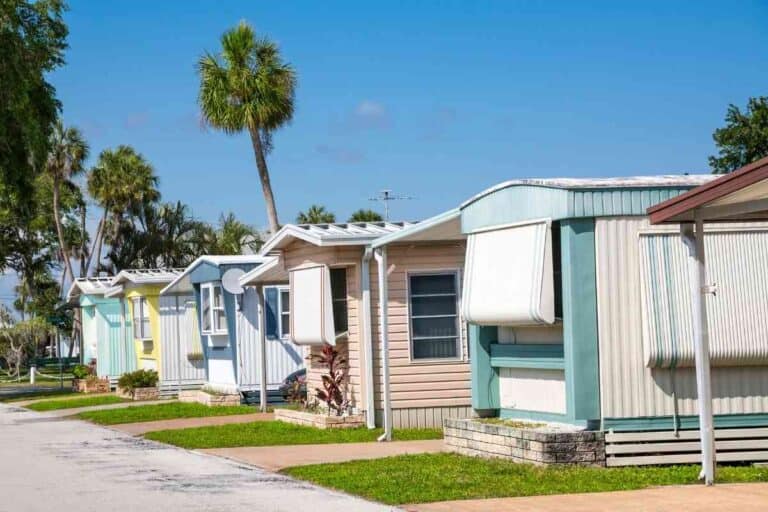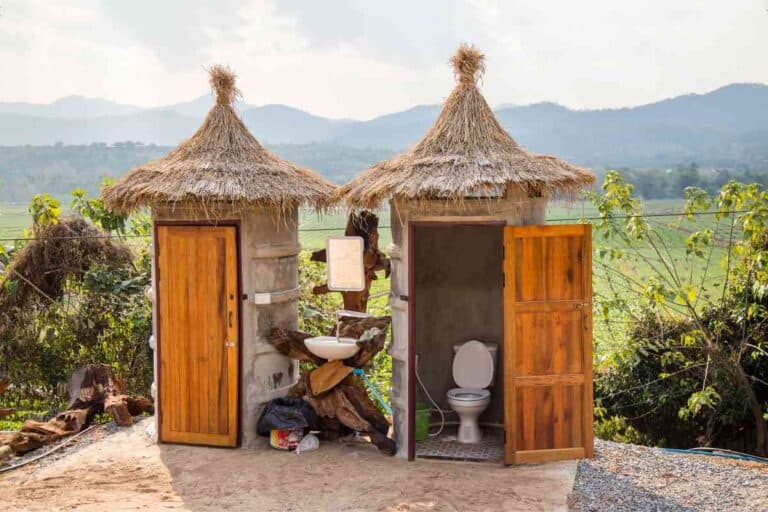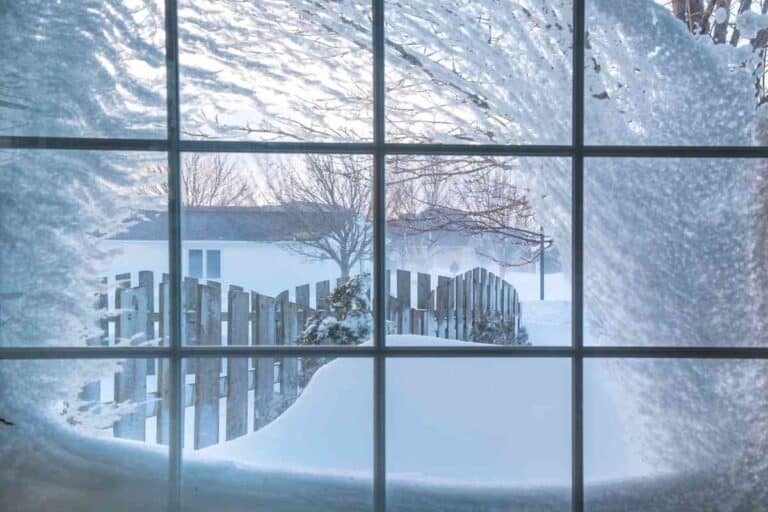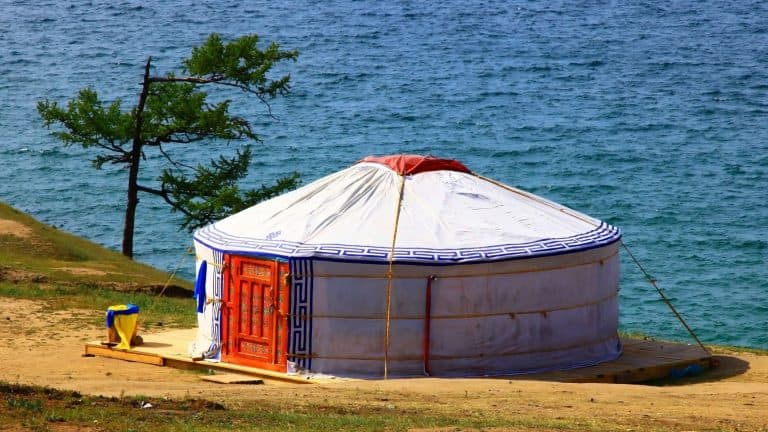Where To Buy A Used Mobile Home And Get The Best Deal
Looking to buy but not entirely sure where to buy a used mobile home? You’re in luck! There are plenty of places where you can find one. Mobile homes have always been popular for those looking for an affordable alternative to traditional home ownership. While the cost of these homes has come down in recent years, some people still view them as a less-than-desirable option. In reality, there are many benefits to owning a mobile home, and today’s used mobile homes are just as sturdy and well-made as their more expensive counterparts.

Where can you buy a used mobile home?
There are many options available when searching for a used mobile home, including, Local trading papers and newspaper classifieds. You can also check local real estate channels, as many agents will list mobile homes for sale. Finally, you can also search online classifieds websites and even eBay.
Buying a used mobile home can be a great way to get all the features and amenities you want at a fraction of the price of a new home. However, finding a used mobile home that meets your needs and budget can also be tricky.
When it comes to mobile homes, there’s a lot of misinformation out there. People think they’re automatically low-quality, easy to break, and difficult to resell. But that’s not always the case! This expert-used mobile home guide will teach you everything you need to know about buying and owning a used mobile home.
How Much is a Used Mobile Home?
Shopping for a used mobile home can be a daunting task. There are many variables to consider, from the size of the house to the age and condition of the unit. And, of course, price is always a significant factor. On average, a used double-wide mobile home will sell for around $50,000-$60,000.
Single-wides typically cost less, anywhere from $15,000 to $35,000. But if you’re looking for a larger home, be prepared to pay more. Triple-wides can get exorbitantly expensive at upwards of $100,000.
Of course, these prices can vary depending on the age and condition of the home, as well as the market conditions in your area. So it’s essential to do your research before making any decisions. But with a little effort, you should be able to find the perfect used mobile home for you and your family.
Is Investing in a Mobile Home a Good Idea?
For many people, owning a home is like a pipe dream. But what if there was a way to own your piece of property without breaking the bank? Mobile homes offer a more affordable option for those looking to become homeowners.
And while there are some downsides to owning a mobile home, there are also several compelling reasons to consider investing in one.
For starters, mobile homes tend to appreciate over time. This is partly due to the rising cost of land and the increasing difficulty of finding affordable housing.
In addition, mobile homes are relatively easy to maintain and can be customized to fit your specific needs. So whether you’re looking for an affordable option for retirement or a starter home for your family, investing in a mobile home may be a good idea.
Can You Live Permanently in a Mobile Home?
For many people, living in a mobile home conjures images of cramped quarters and temporary living arrangements. However, it is possible to live permanently in a mobile home, and there are several advantages to doing so. For one thing, mobile homes are typically much less expensive than traditional homes, making them an excellent option for budget-conscious buyers.
Though mobile homes can be moved if necessary, living in a mobile home permanently is not without its challenges. For one thing, mobile homes are often located in mobile home parks. This means you will be surrounded by other mobile homes, making it feel cramped and claustrophobic.
In addition, mobile homes are often not as well-insulated as traditional homes, making them more susceptible to extreme temperatures. Finally, mobile homes can be damaged or destroyed by storms or other natural disasters. Nevertheless, it is possible to live permanently in a mobile home with careful planning and preparation. Considering these factors, you can make your mobile home a comfortable and safe place to live for years to come.
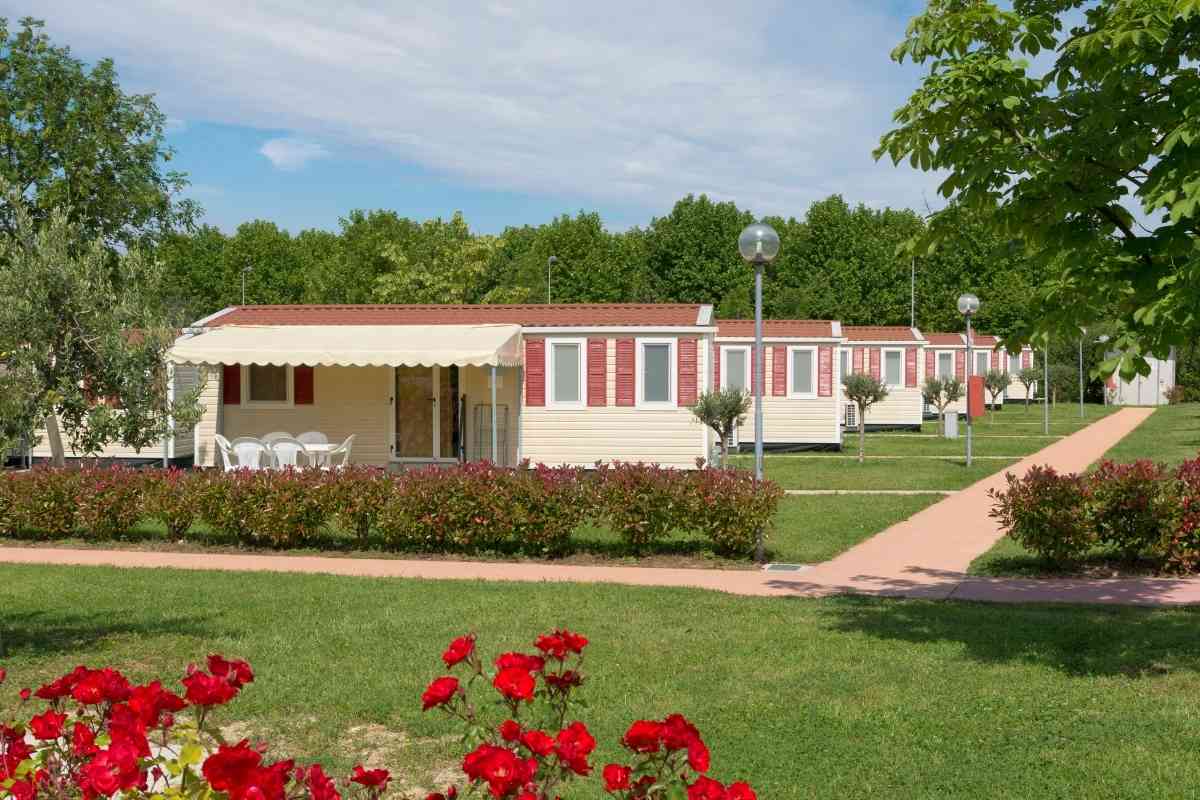
What is the Typical Lifespan of a Mobile Home?
A typical lifespan of a mobile home is anywhere from 30 to 55 years. The older the mobile home, the less likely it is to withstand severe weather conditions such as hurricanes and tornadoes. If a mobile home is well-maintained, it can last for many years. However, it will not last as long if it is not adequately cared for.
Mobile homes exposed to harsh weather conditions will deteriorate faster than those protected from the elements. In order to prolong the lifespan of a mobile home, it is essential to perform regular maintenance and repairs. By taking care of the mobile home, you can ensure that it will last many years.
When Is the Best Time to Buy a Mobile Home?
If you’re in the market for a mobile home, you’ll find the most competition during the spring and summer months. Families are eager to have their new homes ready before the start of the school year, so they’re full of force during the warmer months. However, if you’re willing to brave the cold weather, you’ll find much less competition for mobile homes during winter.
Midsummer, the week of Thanksgiving, and pretty much any time in December are all excellent times to start your search. Not only will you have a more comprehensive selection of homes to choose from, but you’ll also be able to negotiate better prices since sellers will be more motivated to make a deal. So if you’re looking for a great deal on a mobile home, don’t wait for warmer weather – start your search in the middle of winter.
Why are Mobile Homes so Cheap?
In the United States, the cost of housing has been on the rise for years. The dream of owning a home seems out of reach for many people. However, there is one type of housing that remains relatively affordable: mobile homes. Mobile homes are usually much cheaper than traditional houses, and they can be an excellent option for first-time homebuyers or people with limited budgets. So what makes them so affordable?
One reason is that they are typically made from lower-quality materials than houses. They also tend to be much smaller than traditional homes, reducing the cost of construction and the amount of land required. Additionally, mobile homes can be moved if necessary, eliminating the need for a permanent foundation. Mobile homes offer a viable option for people looking for an affordable place to live.
Do Mobile Homes Appreciate?
Mobile homes have been an affordable housing option for countless Americans for decades. But as the cost of traditional Stick-Built homes continues to rise, more people wonder if a mobile home is a wise investment. So, do mobile homes appreciate?
Unfortunately, there is no easy answer. The truth is that mobile home values primarily depend on the local market. In some areas, well-maintained mobile homes can appreciate at a rate similar to traditional homes. However, mobile home values may depreciate over time in other areas.
The best way to determine if a mobile home is a good investment is to consult a local real estate agent. They will be able to provide you with valuable insight into the current market conditions in your area. With this information in hand, you’ll be able to make a well-informed decision about whether or not a mobile home is right for you.
What Are the Disadvantages of Living in a Mobile Home?
The Social Stigma
One of the disadvantages of living in a mobile home is the social stigma attached to them. Mobile homes are often seen as inferior to traditional houses, making it difficult for residents to feel like they belong in their community. Mobile home parks are usually located on the outskirts of town, which can further isolate residents from the rest of the community.
In addition, mobile homes are often much smaller than traditional houses, making it difficult for families to feel comfortable. However, there are also many advantages to living in a mobile home, which should not be overlooked. Mobile homes are typically much less expensive than traditional ones, making them an excellent option for families on a budget.
May Go Down in Value
One of the potential disadvantages of living in a mobile home is that it may go down in value over time. Unlike a traditional home, typically built on a foundation, a mobile home is constructed on a chassis that can be transported from one location to another. As a result, mobile homes are often considered to be less permanent than other types of housing.
This may lead some people to believe that a mobile home is not a good investment and that its value will decrease over time. However, many factors can affect the value of a mobile home, such as the quality of construction and the location. As with any property, it is essential to do your research before making a purchase.
Difficult Financing
One of the challenges of living in a mobile home is securing financing. Because they are considered personal property, most banks won’t accept mobile homes as collateral for a loan. As a result, mobile homeowners often have to resort to high-interest personal loans or rent-to-own arrangements. This can make it difficult to get out of debt or finance home improvements.
In addition, some landlords refuse to accept mobile homes as rental units, limiting your housing options if you cannot own your own home. While there are some disadvantages to living in a mobile home, finding financing options that work for you is still possible. With careful planning and research, you can find a way to finance your mobile home that works for your budget and your needs.
You May Pay a Lot of Rent
One of the most significant drawbacks of mobile homes is that you may pay a lot of rent. Mobile home parks typically charge higher rents than apartments or other rental properties. This is because mobile homes are considered personal property so the park owner can set their own rents.
As a result, you may end up paying more for your mobile home than you would for a traditional home. In addition, mobile homes are often located in areas prone to natural disasters, such as floods or hurricanes. You may need to purchase special insurance to protect your home and belongings.
What Are the Pros of Living in a Mobile Home?
Affordability
For many people, the biggest pro of living in a mobile home is affordability. Mobile homes are one of the most economical types of housing available, and they can offer a wide range of features and amenities for a fraction of the cost of a traditional home.
In addition, mobile homes are often much easier to maintain than houses, and they can be an excellent option for people who want to downsize or simplify their lives.
Flexibility
For many people, the appeal of a mobile home is its flexibility. Unlike a traditional house, a mobile home can be moved to a new location if the owner decides to relocate. This means mobile homeowners can pick up and move whenever they want without selling their property first.
Additionally, mobile homes are often much cheaper than stick-built homes, making them an attractive option for budget-minded buyers. And because they are typically smaller than traditional homes, mobile homes are often easier to maintain and keep clean. A mobile home can be the perfect choice for people who value flexibility and affordability.
Environmental Friendliness
Mobile homes are often seen as less environmentally friendly than traditional homes, but there are several ways in which they can be more sustainable. One of the most important is that they require less energy to heat and cool. Mobile homes are also typically constructed with recycled materials and can be easily deconstructed and recycled at the end of their lifespan.
Additionally, mobile dwellings generally have a smaller ecological footprint than traditional homes due to their smaller size and lower energy consumption. As a result, living in a mobile home can be a more sustainable choice for those looking to reduce their environmental impact.

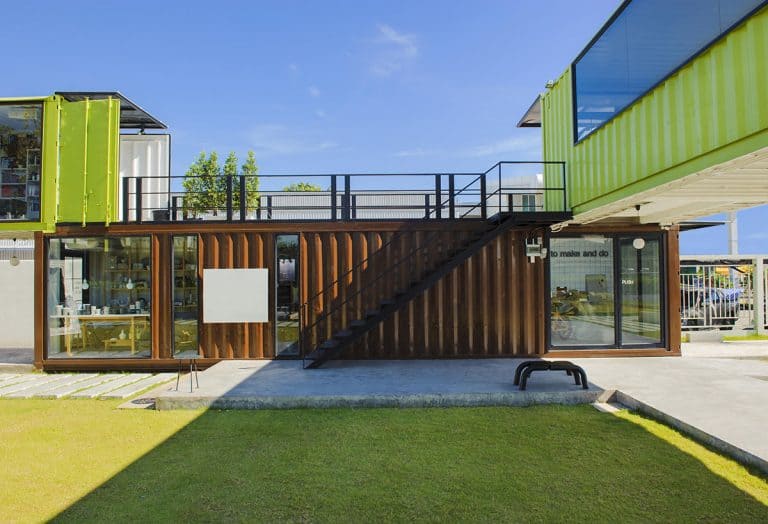
![How Long Do Log Cabins Take To Build? [A 10 Step Guide]](https://freedomresidence.com/wp-content/uploads/2022/05/How-Long-Do-Log-Cabins-Take-To-Build-1-768x512.jpg)
